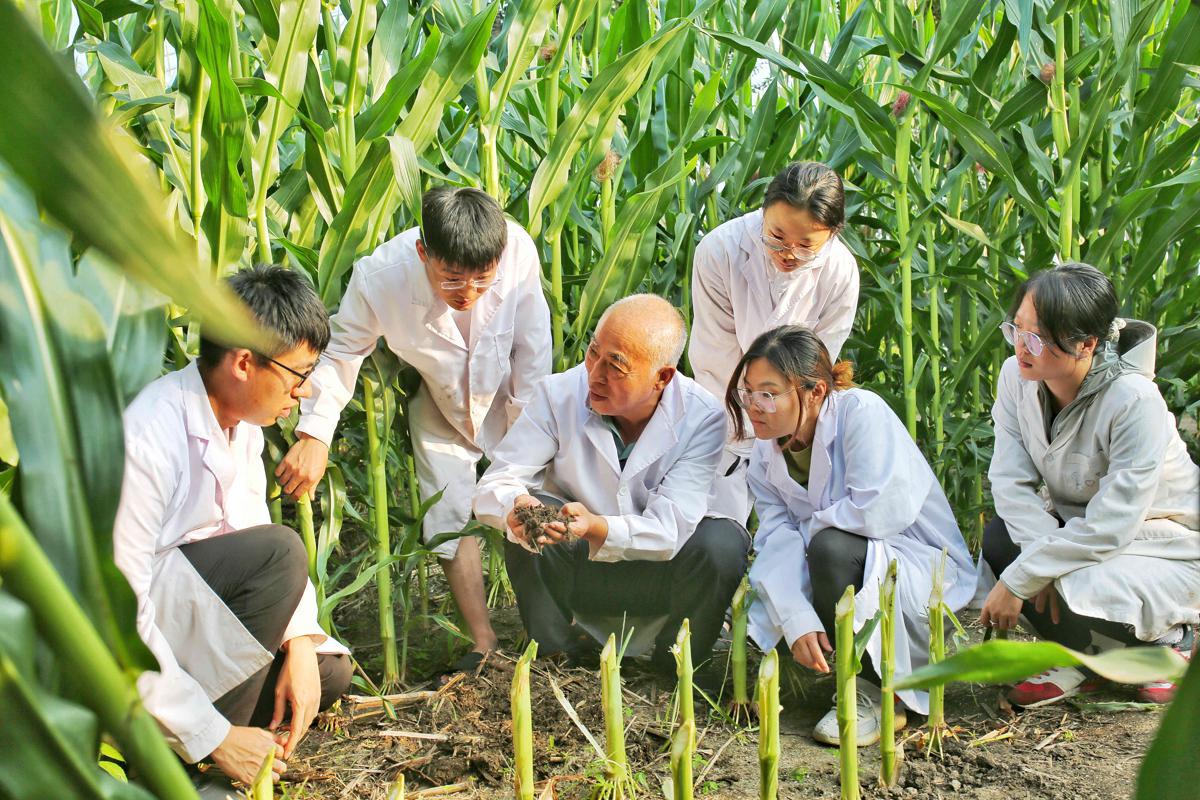Conservation farming strategies shared at economic event in Jilin


Long-term farming and the overuse of fertilizers and pesticides have destroyed the soil's micro-ecosystem, and expanded rice cultivation has depleted underground water reserves.
In 2009, China Agricultural University professor Li Baoguo and his students established a black soil protection workstation in Lishu.
After years of research and cooperation with the Chinese Academy of Sciences and the county's agricultural technology station, they devised a unique model of conservation farming.
Wang said that one key to conservation farming is to plow less frequently by adopting no-tillage and stalk mulching practices.
"In the past, farmers usually plowed the land three or four times when they planted maize, which can destroy the structure of black soil layers. Now, with mechanized planting, the processes of making straw, ditches, fertilizing, sowing and covering can be completed simultaneously," he said.
"The reduction of rolling compaction as the result of using agricultural machines can help improve the soil's water percolating capacity, and maize straw returns potassium and nitrogen to the earth," he said.
The Jilin government began to promote the Lishu model across the province in 2012.


















